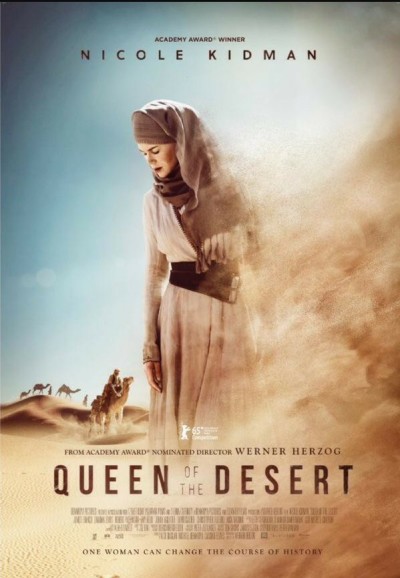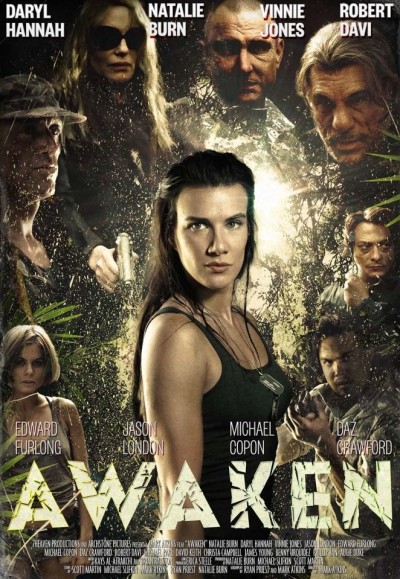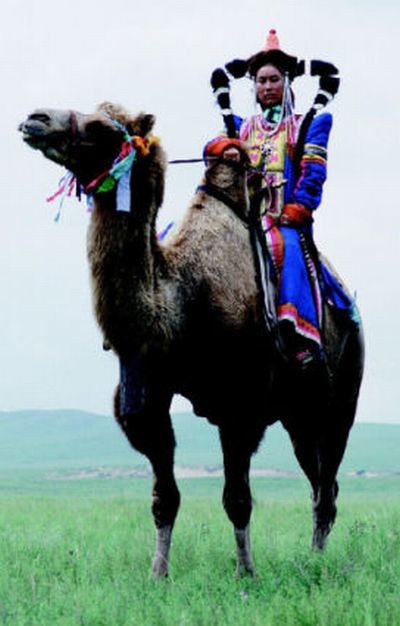★★½
“After the apocalypse, life will be… kinda dull, actually.”
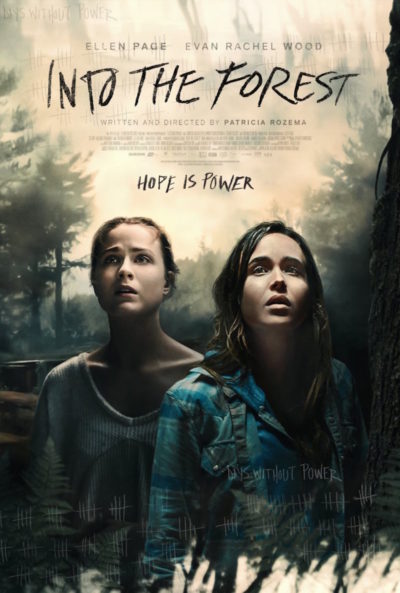 Nell (Page) and Eva (Wood) are sisters, living in a house deep in the woods with their father (Rennie). Nell is studying for her SATs, Evan is working towards a dance audition, until all plans are interrupted by a catastrophic power outage which leaves the entire country without electricity. Fortunately, they are almost self-sufficient, capable of living off the land as far as food and heat is concerned, even if the lack of power and very limited fuel forces some significant changes in lifestyle: Eva is reduced to practicing her dance routine to the relentless tick of a metronome, for instance. But when the women are thrown entirely onto their own resources, life becomes tougher, and various hard questions have to be answered, about whether to stay in their remote, apparently fairly safe location, or follow the reports suggesting that the Eastern seaboard may slowly be getting back to normal.
Nell (Page) and Eva (Wood) are sisters, living in a house deep in the woods with their father (Rennie). Nell is studying for her SATs, Evan is working towards a dance audition, until all plans are interrupted by a catastrophic power outage which leaves the entire country without electricity. Fortunately, they are almost self-sufficient, capable of living off the land as far as food and heat is concerned, even if the lack of power and very limited fuel forces some significant changes in lifestyle: Eva is reduced to practicing her dance routine to the relentless tick of a metronome, for instance. But when the women are thrown entirely onto their own resources, life becomes tougher, and various hard questions have to be answered, about whether to stay in their remote, apparently fairly safe location, or follow the reports suggesting that the Eastern seaboard may slowly be getting back to normal.
It’s nowhere as exciting as your typically post-apocalyptic scenario, though this perhaps has a greater ring of plausibility to it than the usual Mad Max-iness. When the world falls apart, it’s more likely to be with a whimper than a scream. That said: I don’t know who built their home, since it falls into complete dilapidation in less than a year, with a roof that starts leaking like a sieve in just a couple of months. What is it made of? Papier-mache? [I’m perhaps biased here, since the house I grew up in is over 200 years old, and somehow, still stands] This is likely a narrative conceit, necessary to force the heroines out of their survival-based inertia, which occupies the majority of the film. That angle is one of the disappointing areas: they’re reactive, rather than pro-active. If left entirely to their own devices, this might have ended up as little more than 100 minutes of the sisters gathering berries.
It does manage to go beyond that, mostly thanks to the performances of Page and Wood, who have a natural chemistry that feels authentic. They bicker like sisters, and fight like sisters, yet also show that when the chips are down, blood is thicker than water. This is demonstrated with the unexpected appearance of Nell’s boyfriend (Minghella), though he serves little other purpose before walking out of the film’s scope again. Page is also far too old these days to be a convincing high-school student: Juno was the best part of a decade ago now, and she wasn’t in her teens even when that came out. There is something to be said for a more character-driven apocalypse, one which consists of more than a steady stream of threats to be violently countered. However, this likely tilts the balance too far the other direction, and ends up with something too introverted and navel-gazing to be interesting.
Dir: Patricia Rozema
Star: Ellen Page, Evan Rachel Wood, Max Minghella, Callum Keith Rennie





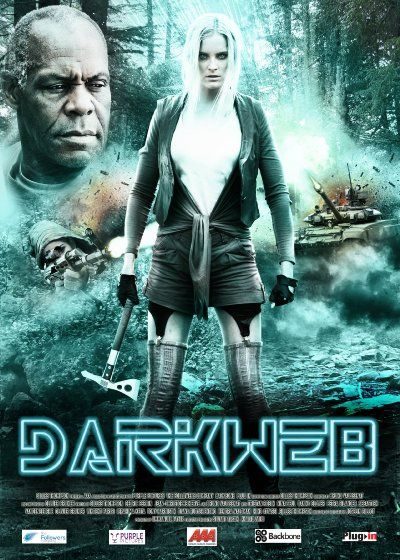
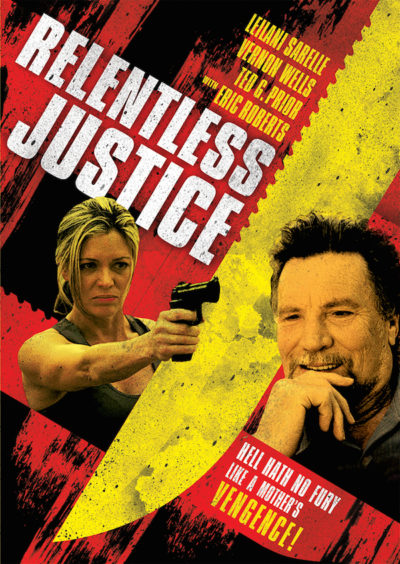

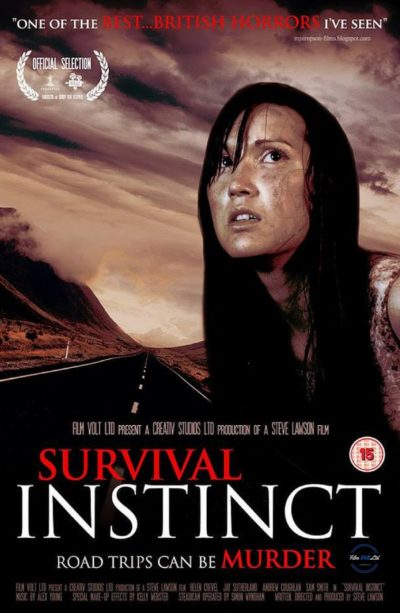
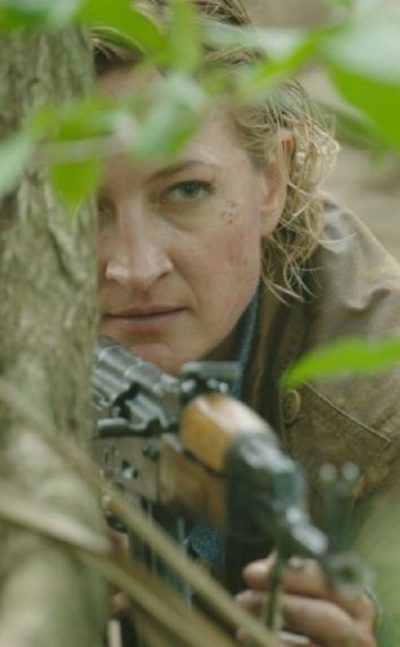
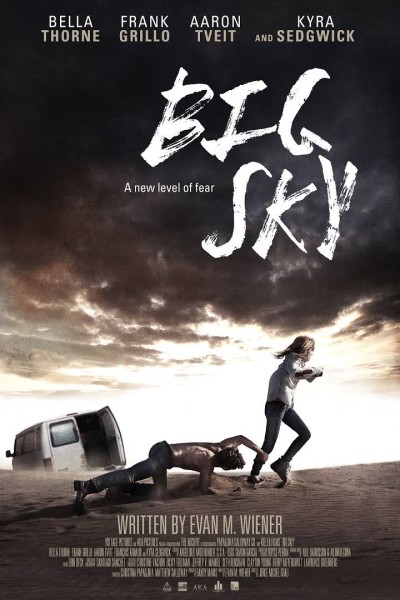 Hazel (Thorne) suffers from severe agoraphobia, which has left her trapped in her room, but her mother, Dee (Sedgwick) has finally succeeded in convincing Hazel to seek treatment. A ride is arranged to a treatment centre in the middle of the desert: to help Hazel cope, she’ll travel in the blacked-out back of the van, with her mother up front. However, on the way, the van is ambushed and another passenger kidnapped. The perpetrators, brothers Jesse and Pru (Grillo and Tveit), shoot everyone else to cover their tracks, but don’t notice Hazel in the back. Dee is badly wounded, and their only hope of survival is for Hazel to overcome her fear and head out across the wide-open landscape for help. However, the brothers have realized they left some loose ends, and Pru – who has significant mental issues of his own – is sent back to tidy up the survivors.
Hazel (Thorne) suffers from severe agoraphobia, which has left her trapped in her room, but her mother, Dee (Sedgwick) has finally succeeded in convincing Hazel to seek treatment. A ride is arranged to a treatment centre in the middle of the desert: to help Hazel cope, she’ll travel in the blacked-out back of the van, with her mother up front. However, on the way, the van is ambushed and another passenger kidnapped. The perpetrators, brothers Jesse and Pru (Grillo and Tveit), shoot everyone else to cover their tracks, but don’t notice Hazel in the back. Dee is badly wounded, and their only hope of survival is for Hazel to overcome her fear and head out across the wide-open landscape for help. However, the brothers have realized they left some loose ends, and Pru – who has significant mental issues of his own – is sent back to tidy up the survivors.